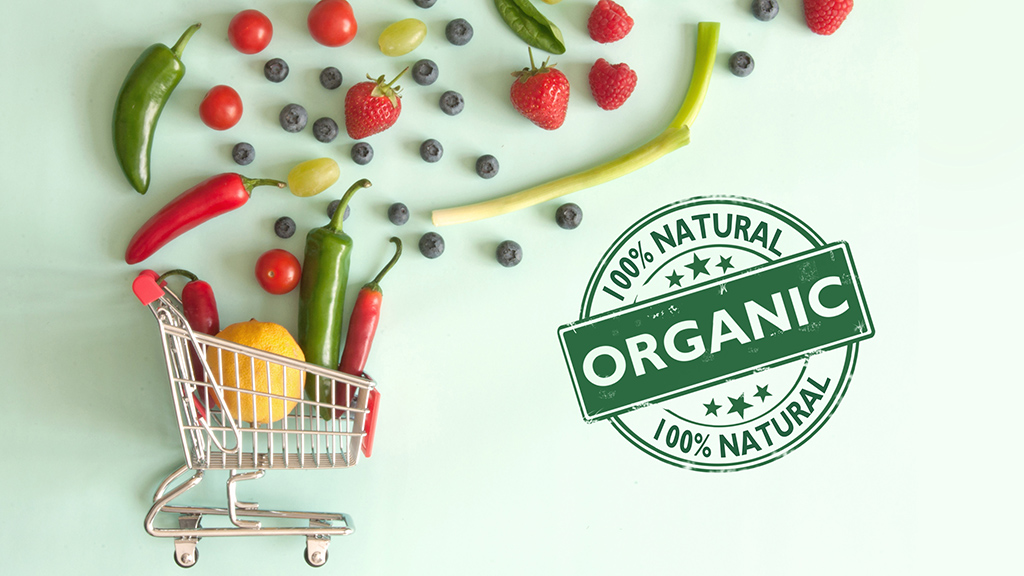Abstract
Currently there is considerable confusion surrounding the use of the term "organic" as applied to food and other consumer products, but within the agriculture industry the term has a well-defined meaning related to the practices that are allowed in the production of a crop. This case study was written to inform students about organic agriculture and its implications with regard to food nutritional value as well as its costs. The case is presented as a dilemma in the context of buying produce in the grocery store. Concepts presented include the difference between organic and conventional agricultural practices, the analysis of food to quantify nutrient levels, the history of the organic movement, and the economic and environmental impacts of organic agriculture. The activity was designed for use in a lower level general science course (with a cursory review of the scientific literature) or in an upper level chemistry course (with a thorough analysis of the literature).



